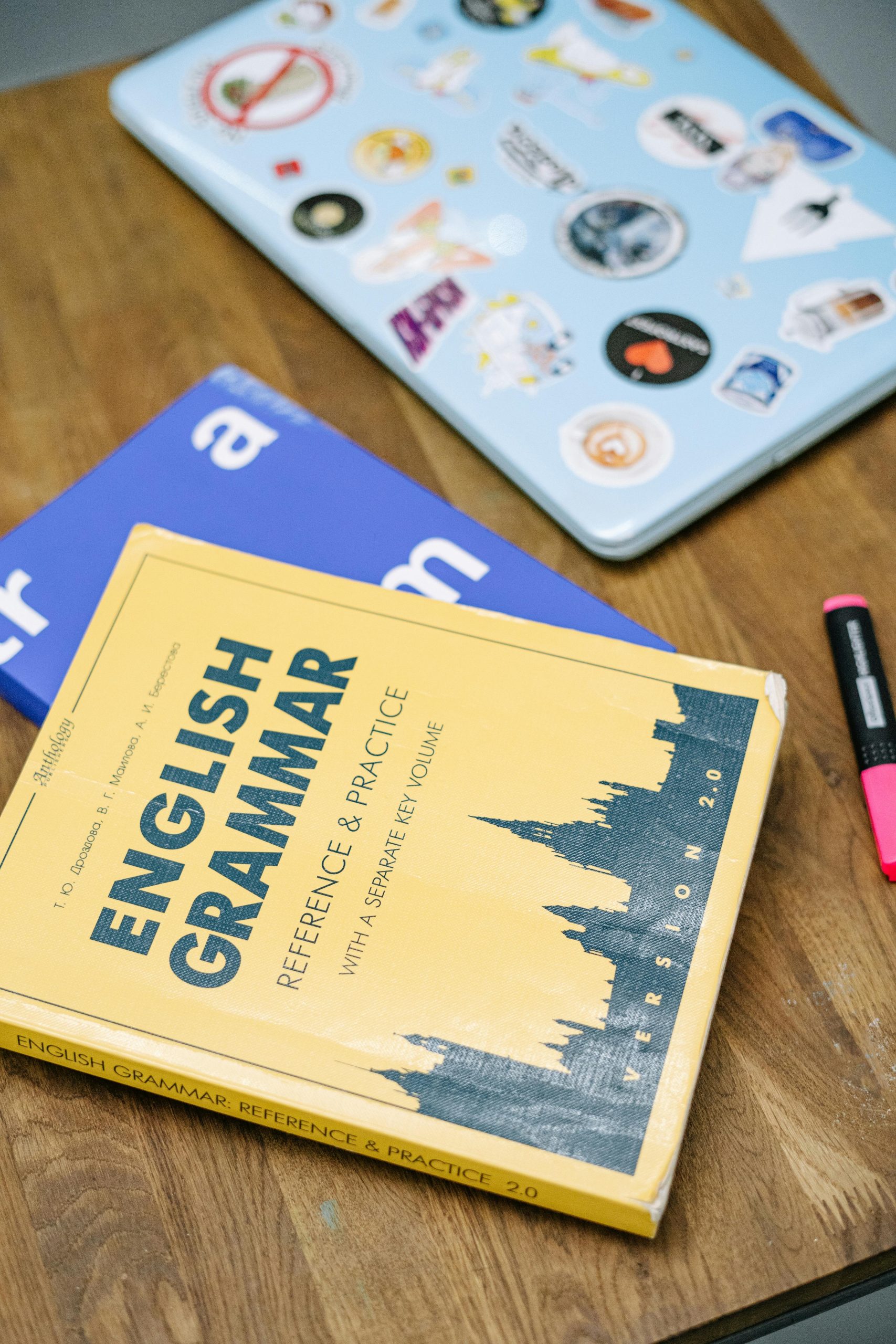What would you like to do or learn in English class?
As a relatively young high school English teacher, I try to stay in tune with what my students want, but I often find myself facing complaints. For example, last week I showed a movie without any accompanying questions, and students still said they were bored.
I’m looking for fun units or activities that can keep my high schoolers engaged. So, what do you want to see in English class? How can I make the experience more enjoyable for you?
I’m specifically asking for ideas to prepare for summer school, where lessons will be more relaxed and the school day shorter. I’d love to hear from students rather than other teachers. Any suggestions would be greatly appreciated!

It sounds like you’re really invested in making your English class a positive experience for your students, and that’s great! Here are some ideas that could help engage high schoolers and make learning more enjoyable:
Creative Projects: Instead of traditional essays, consider allowing students to express their understanding of a text through creative projects. For example, they could create a short film, a podcast, or a graphic novel adaptation of a story.
Literature Circles: Give students a choice of books to read in small groups. Each group could take on different roles (like summarizer, questioner, or connector), making it more interactive and allowing for diverse discussions.
Debates and Discussions: Organize debates on themes or moral questions from the literature you’re studying. This encourages critical thinking and makes them engage actively with the material.
Multimedia Storytelling: Incorporate technology by having students use tools like Canva or Adobe Spark to create presentations or digital storytelling projects based on their interpretations of texts.
Gamification: Use games like Kahoot or Quizizz for reviewing literature or vocabulary. You could also turn a literary analysis into a competition, where students work in teams to solve clues based on themes or characters.
Student Choice: Allow students to choose a topic or theme for a research project or creative assignment. When they have a say in what they learn, they’re more likely to be engaged.
Field Trips or Virtual Tours: If possible, plan a field trip to a local theater, museum, or author talk. Alternatively, virtual tours of literary landmarks or author interviews can spark interest without needing to leave the classroom.
Real-World Connections: Help them see how English skills apply in the real world. Invite guest speakers from different professions (like journalists or writers) or have students analyze media (like social media posts, advertisements, or speeches).
Incorporate Pop Culture: Use popular songs, movies, or TV shows to analyze themes, character development, or literary devices. This can make discussions more relatable and fun.
Reflective Journals: Encourage students to keep journals where they can write their thoughts on readings or explore personal connections with the material. This can help them engage on a deeper level.
Gathering feedback directly from your students about what they enjoy could also guide your planning. You could have a brainstorming session at the beginning of class or even create a simple survey. Good luck with your summer school classes!